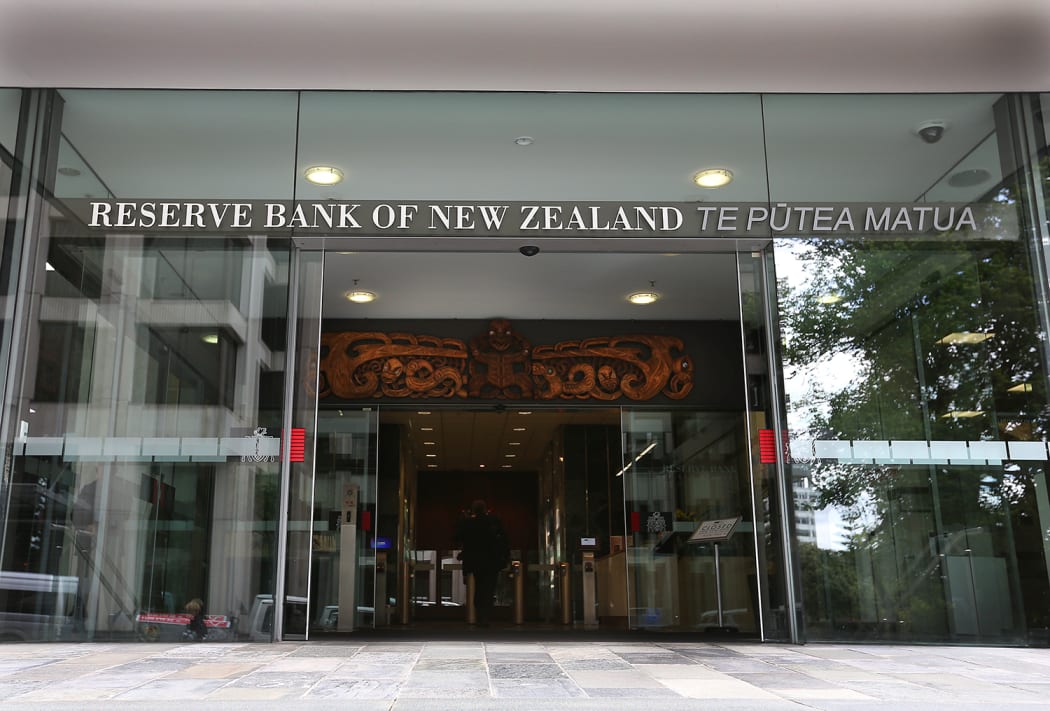Ambitious plans by the Labour Party to overhaul monetary policy-making are leaving experts in the field unimpressed.
If elected, the party will allow the Reserve Bank to force people to save more in KiwiSaver as a new means of combating inflation when the economy is expanding or reducing those contributions to boost the economy when it slows.

Labour wants the Reserve Bank to have a broader economic role. Photo: RNZ
Labour says just raising interest rates when inflation stirs is a blunt instrument at best, with plenty of collateral damage at worst.
It says its plan would be a more productive way of taking money out of the economy - and dampening demand - than just raising interest rates.
But some former Reserve Bank stalwarts say they have little faith in the idea.
Former chairman of the Reserve Bank, Arthur Grimes, thinks people forced to save more in KiwiSaver, might save less elsewhere, and the Reserve Bank will have to fall back on interest rates anyway.
He said plenty of money will remain in the system under Labour's plan and the Reserve Bank will have to fall back on interest rates anyway.
Viv Hall professor emeritus of economics at Victoria University doubts it would achieve the goal of keeping the value of the New Zealand dollar down.
"The exchange rate I think is subject to so many more influences than just interest rates and so I think the chances of this having a sustained effect in the way of a lower exchange rate is unlikely."
A 30-year Reserve Bank veteran, Ian Harrison, thinks the scheme could have some use, but would hugely increase the power of the Reserve Bank over ordinary people's lives.
However Auckland University economics professor Tim Hazeldine sees merit in the idea.
He believes the proposed measure could have some positive effect on inflation and the high dollar and said people on low incomes wouldn't lose out as it could be used as an expansionary measure when the economy slows.
He told Morning Report much of the criticism from the banking sector was conflicted.
"Bank economists are hopelessly conflicted on issues like this," he said.
He said because New Zealand borrows a substantial amount of its investment and mortgage money from overseas, when overseas rates are low, as they are now, and rates are higher in New Zealand the banks make more of a margin on their lending.

